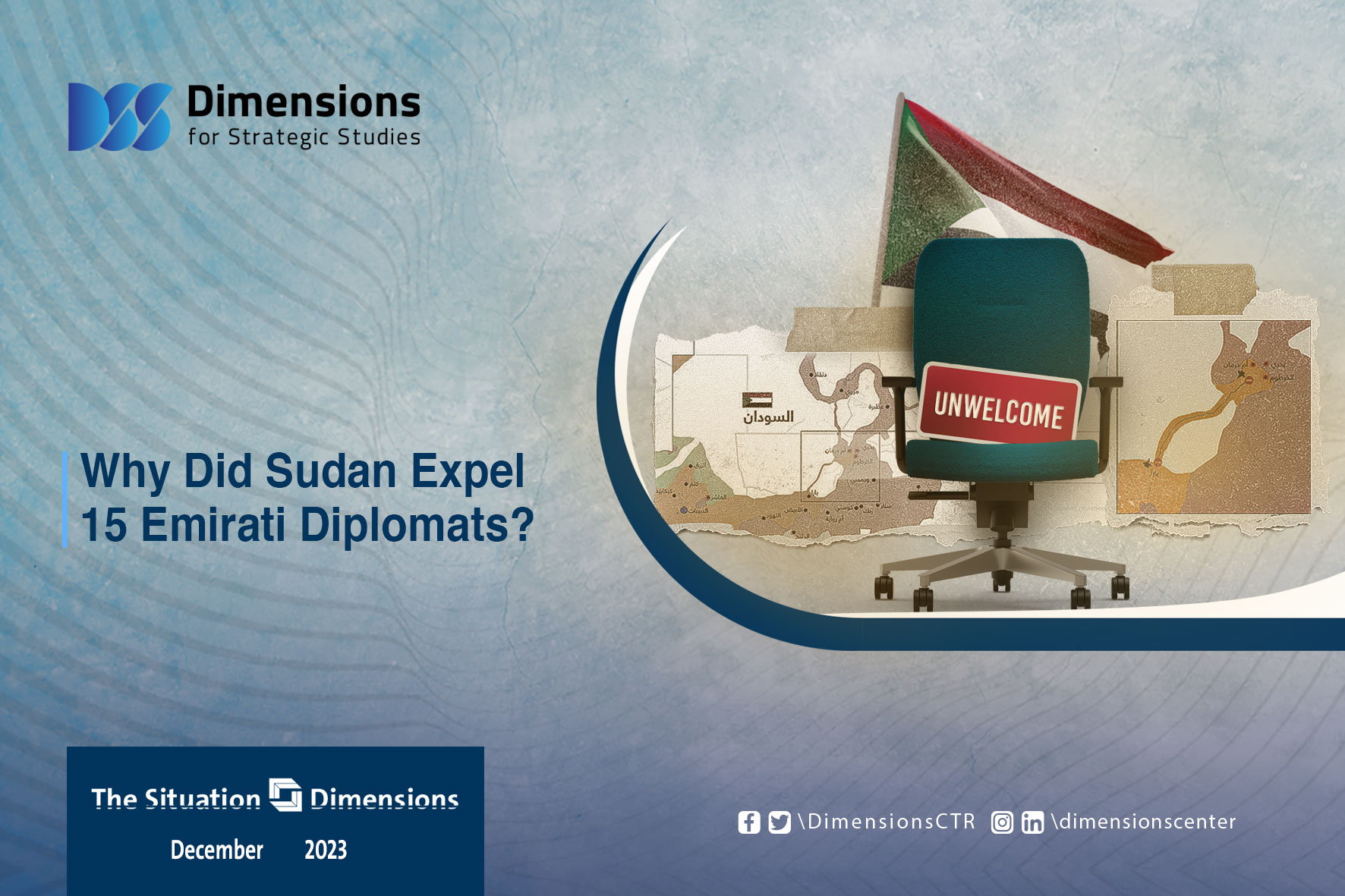
Why Did Sudan Expel 15 Emirati Diplomats?
2023-12-12895 view
On December 10, Sudan expelled 15 Emirati diplomats,after a high-ranking Sudanese army officer directly accused the United Arab Emirates of supporting the Rapid Support Forces in their fight against the Sudanese army.
Lieutenant General Yasser Atta, a member of the army-dominated Sovereign Council, had accused Abu Dhabi last month of backing the RSF, led by Muhammad Hamdan Daglo (aka Hemedti).
While this support had long been a badly kept secret, it appears to have increased. The Wall Street Journal reported in August that the UAE had sent a cargo plane loaded with weapons and ammunition to the RSF, under the cover of official documents claiming that the plane was carrying humanitarian aid to Sudanese refugees. The expulsion of the diplomats appears to represent a calculated escalation aimed at expressing Sudan’s annoyance at the UAE’s increased support for the RSF.
The UAE has a special relationship with the RSF and Hemedti, including on the economic front. The RSF controls gold mines in Darfur and exports a large percentage of their output, worth about $16 billion a year, to the Emirates.
The UAE is keen to expand its influence in Sudan and throughout Africa, especially in the transportation and port sectors, as it looks to diversify its economy and prepare for the changes to come as the world shifts from fossil fuels towards alternative sources of energy. Moreover, the UAE is interested in Sudan from a food security perspective and sees it as strategically important for international trade, given its position on the Red Sea.
In response to Khartoum’s move, the UAE expelled three Sudanese diplomats, a step that appeared to be calculated to avoid further escalation. This indicates that the rift between the two parties is unlikely to widen significantly, despite the likelihood that the UAE will continue to support the RSF. It is also significant that the Sudanese government is backed by Egypt, even as the latter tries to maintain its own relationship with the UAE and tamp down regional tensions.
Cairo is seeking solutions that will preserve the interests of various local and regional powers, a strategy that requires recognizing the interests of both the UAE and its local proxy, the RSF, and containing the latter within the Sudanese state, as was the case before the current conflict broke out in April. This will be especially true if the war drags on and neither side is able to achieve a decisive victory.





